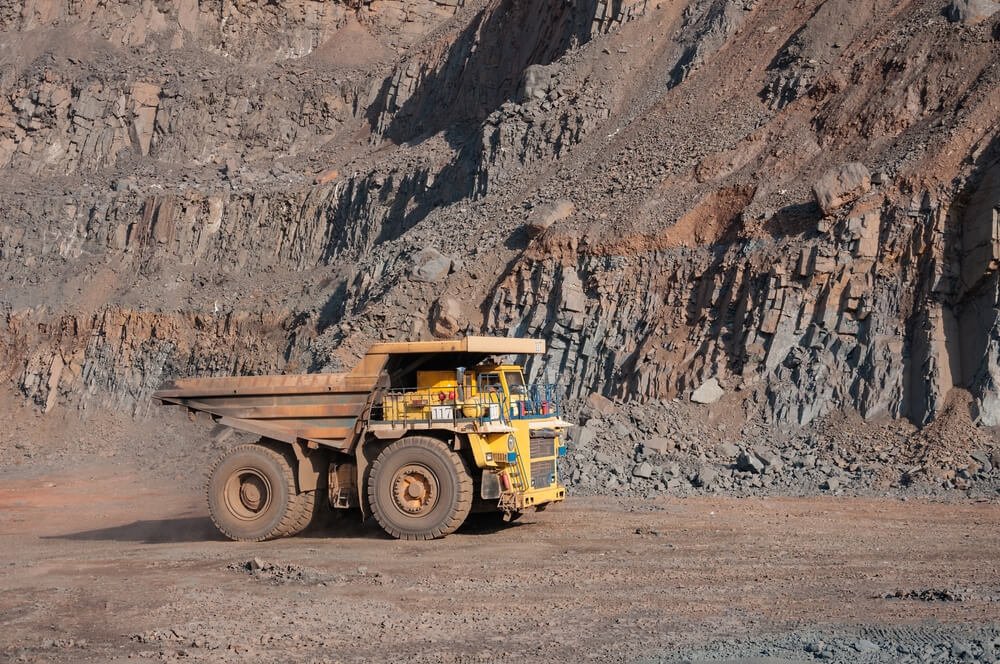Critical Minerals Investment Hampered by EV Demand Uncertainty

Industry experts at the World Materials Forum in Paris last week expressed concerns about investing in critical minerals and energy transition projects, citing uncertainties surrounding consumer demand for electric vehicles (EVs) and government commitments to zero-carbon goals.
While the long-term need for materials like lithium, cobalt, and copper remains clear to support a transition away from fossil fuels, the short-term outlook is more uncertain. Both the European Union and twelve U.S. states have set targets to ban new petrol car sales by 2035, but these targets are facing resistance.
Mathias Miedreich, former CEO of Belgium's Umicore, highlighted this uncertainty. "I think there is a lot of doubt right now that this will happen," Miedreich said, noting the difficulty this creates for investment decisions. Umicore, which had to lower its 2024 profit forecast due to weak battery materials demand, saw sales of new battery-electric cars in the EU drop by 12% in May compared to the previous year.
Stephane Michel, president of TotalEnergies Gas, Renewables & Power unit, observed that while financing was abundant a few years ago, securing capital now requires having the right project. TotalEnergies is part of the ACC EV battery joint venture with Stellantis and Mercedes, which recently paused plans for plants in Germany and Italy.
An executive from a major European chemicals group supplying battery materials noted that many companies are now projecting a two-year delay in the energy transition, with 2030 targets potentially moving to 2032. This view, however, remains fluid and could change.
A global executive involved in EV battery materials pointed out that demand for critical materials in China and Asia is holding up better than in Europe and the United States. "The question is where do we put our next capacity. You have to be very agile; the market is moving very fast," he said.





